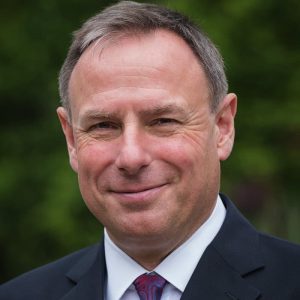Title: Teaching about old-growth forests in a Faculty of Forestry: preservation or harvest?
Time: Wednesday, January 10, 2024, 5-6 pm (Vancouver, PST )
Speaker: Dr. John Innes
Watch on YouTube
Dr. John Innes
Professor and Former Dean of the Faculty of Forestry and holds the Forest Renewal BC Chair in Forest Management at the University of British Columbia.
He is the elected Chair of the Asia Pacific Forestry Education Coordination Mechanism (AP-FECM). He leads the Sustainable Forest Management Laboratory at UBC Forestry. His lab is interested in all aspects of sustainable forest management, particularly the application of the principles of sustainable forest management to real-world situations. He is closely involved with many international projects in China and elsewhere. Having worked in UK and Switzerland in the past, he is interested in how management practices are changing in different countries in response to international issues such as the conservation of biodiversity and climate change. He received many important awards due to his outstanding work, including the IUFRO Scientific Achievement Award, BC Premier’s Award – Innovation, International Forestry Achievement Award from the Canadian Institute of Forestry. The most well-known award he received was the Nobel Peace Prize as a contributor to the Intergovernmental Panel on Climate Change in 2007. More information about Dr. John Innes can be found at the link: https://forestry.ubc.ca/faculty-profile/john-innes/
Abstract
Old growth forests in British Columbia have become a highly polarizing issue, with some seeking to preserve all remaining old growth and others considering that the timber from such forests still has an important role to play in the livelihoods of local communities and the overall economy of the Province. Environmental protestors have blockaded roads and ignored court injunctions intended to allow forestry operations to continue. They have also ignored requests from the elected governments of Indigenous Peoples to leave their traditional territories. On the other hand, forestry companies continue to fell forests to the extent they are permitted to do so, regardless of local or external sensitivities. Open debate has been hindered in part by the polarization, in part by the complexities of the issues involved and in part by a lack of reliable data following years of inadequate investment by the government in forest monitoring. In this presentation, I discuss the dilemma facing anyone trying to remain impartial in this debate. In contrast, many faculty members have taken on advocacy roles (on both sides of the argument), but is this correct when teaching a student audience made up of people who could end up in careers in conservation, forest harvesting or even government?
